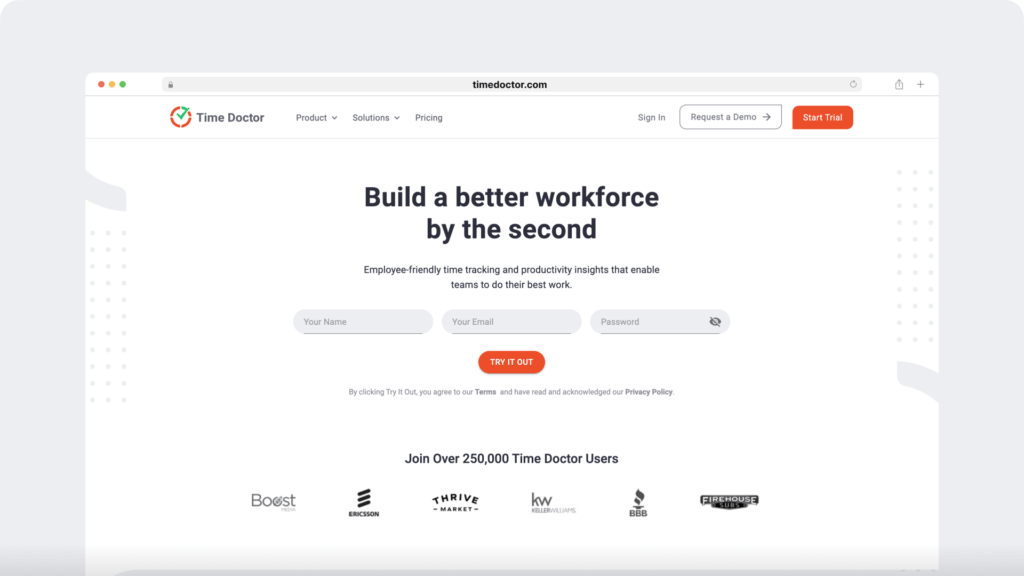Three years ago, the world was hit by a curveball called Covid-19. Companies had to scramble without a game plan, and leaders joined forces to protect their teams. Work From Home (WFH) became the knight in shining armor, even for tech giants who were WFH skeptics. Many shouted, “Farewell, traditional offices!”
As the pandemic eased, remote work took over. Folks worked from different zip codes – cities, countries, even their hometowns. This shook up the “normal” way of working. Good stuff happened: more family time, flexibility, and less city commuting. But it wasn’t all rainbows. Work invaded home life, and parents felt the heat with kids at home all day.
Recently, the big talk is about going “Back to the Office.” Some say it’s the only way to revive team spirit and innovation. Others fear early career pros will miss out. But maybe we’re missing the point.
Going full-force back to the office doesn’t fit everywhere. Big cities in India are bursting at the seams. Traffic jams, high rents, and a fast-rising cost of living make life tough for those who return.
The Covid-19 pandemic presented a unique chance for the global workforce to venture into innovative work methods. Rather than proactively embracing and organizing these strategies with a strong commitment to employee well-being, there has been an abrupt pivot towards an insatiable appetite for productivity, necessitating the physical presence of all employees in the office.
Challenges to a office return.
Embarking on the journey back to the office in India presents its own unique set of challenges. While the prospect of reconnecting with colleagues and returning to a familiar workspace is enticing, several hurdles stand in the way:
- Strained infrastructure: In major Indian cities, Tier 1 especially, the sheer volume of people and vehicles overwhelms the infrastructure. Overcrowded buildings, congested roads, and limited living spaces make a full return a logistical puzzle.
- Public transportation woes: The sluggish progress of vital public transportation projects, such as metro systems, can disrupt daily commutes and add to the existing chaos, as seen in cities like Bengaluru.
- Remote work success: Many organizations have adapted to remote work, realizing its viability. It may be challenging to convince both employers and employees to revert to the traditional in-office model when remote work has proven effective.
- Mental and physical well-being: Long commutes and the stressful urban environment can take a toll on employees’ mental and physical well-being. Achieving a work-life balance becomes even more challenging.
- Tech-driven alternatives: Technological advancements have offered viable alternatives to the conventional office setup. Video conferencing, collaborative tools, and cloud-based systems have streamlined remote work, reducing the urgency for a complete office return.
- Flexible work policies: The appeal of flexible work arrangements has grown considerably, with employees valuing the freedom to balance their professional and personal lives. Organizations are increasingly open to accommodating these preferences.
- Traffic congestion: The challenge of traffic congestion in India, resulting in both time wasted commuting and increased transportation costs, is a significant deterrent to a complete return to traditional office work. This congestion leads to prolonged commutes, adversely affecting work-life balance and increasing the financial burden on employees. As a result, many are hesitant to fully return to the office, prompting employers to consider flexible work arrangements to address these concerns and improve the overall work experience.
These challenges underscore the need for a thoughtful and flexible approach to office work in India. Balancing the desire for in-person collaboration with the practical realities of today’s world is an ongoing conversation that organizations and employees must engage in.
Embrace diversity of employee life stages
Recognize that employees are in different phases of their careers and personal lives. Some may live far from the workplace, while others are responsible for aging parents or are new parents themselves. Avoid imposing a one-size-fits-all approach on your workforce, as it may not be the most effective solution.
- Optimize facility usage with role-classification analysis: A complete back-to-office strategy can strain infrastructure and resources unnecessarily. Identify roles that can operate fully remotely and conduct a role-classification analysis to determine the best approach for each. This can alleviate pressure on physical office space.
- Foster innovative collaboration methods: Prioritize innovation in collaboration methods to accommodate remote and hybrid work arrangements. Companies like Zuhlke and Gitlab have demonstrated the viability of fully remote work. Consider establishing regular in-person meetings, whether monthly or quarterly, for brainstorming, strategizing, or team-building activities to maintain a sense of connection.
- Embrace a flexible attitude towards moonlighting: Encourage a mature perspective on moonlighting or holding multiple jobs. Focus on performance and output, while maintaining principles of performance management and confidentiality. Establish company-specific guidelines to address moonlighting in a balanced manner.
- Tap into diverse talent pools: Organizations that embrace remote work have the opportunity to tap into talent from across India and the world. Capitalize on time zone compatibilities to access a wider talent pool, potentially reducing the need for individuals to relocate to major cities for better opportunities.
- Promote fairness in the digital workplace: In an increasingly digital work environment, strive for fairness and equality. Remote work has leveled the playing field, enabling introverted employees to participate more actively in virtual meetings. These individuals can voice their opinions without the challenges they might have faced in physical meeting rooms. Remote work also provides them with a quieter, more focused work environment, departing from the open office layouts common in many organizations.
From office to everywhere: Time Doctor’s role in India’s work transformation

Time Doctor, a time tracking and productivity management tool, can play a crucial role in addressing the challenges posed by the shifting dynamics of the workplace, particularly in the context of India’s unique circumstances. Here’s how Time Doctor can help in this situation:
- Efficient time management: Time Doctor enables employees to track their work hours and tasks accurately, whether they are working in the office or remotely. This ensures that time is used efficiently, reducing the strain of long commutes and improving work-life balance.
- Remote work monitoring: For companies embracing remote work, Time Doctor allows employers to monitor remote employees‘ activities, ensuring that they remain focused and productive. This fosters trust and accountability, addressing concerns about remote work productivity.
- Performance evaluation: Time Doctor’s data can be used for fair and transparent performance evaluations, emphasizing output and results rather than just physical presence in the office. This approach accommodates diverse life stages and personal circumstances of employees.
- Resource optimization: By analyzing Time Doctor data, companies can determine which roles are best suited for remote work, reducing the demand on physical office space and easing infrastructure strain.
- Collaboration enhancement: Time Doctor’s time tracking can help companies plan in-person meetings strategically. By identifying the most productive and collaborative moments, organizations can schedule face-to-face interactions to foster innovation and teamwork.
- Moonlighting management: Time Doctor can help employers establish clear guidelines for moonlighting and multiple job-holding while maintaining performance standards and confidentiality.
- Diverse talent pool access: Organizations can tap into a wider talent pool by embracing remote work. Time zones and geographical locations become less restrictive, allowing companies to access diverse talent from across India and the world.
- Equality in the digital workplace: Time Doctor can be used to ensure fairness and equality in a digital work environment. It helps organizations create an inclusive space where all employees, including introverts, have an equal voice and opportunities to contribute.
Time Doctor can aid in managing the complexities of the evolving workplace in India. It offers the data and tools necessary to strike a balance between in-person and remote work, optimize resource usage, and ensure fairness, productivity, and accountability. By embracing technology like Time Doctor, companies can navigate the path to a more progressive and adaptable future while respecting the diverse needs of their workforce.
Conclusion
In the ever-evolving landscape of work, organizations must return to their foundational principles and values to chart a course towards a more progressive future. The past three years have reshaped the way we work, and as we navigate the transition back to the office, it’s essential to recognize the diverse needs and circumstances of employees. The one-size-fits-all approach may not be suitable for today’s evolving workforce.
As we move forward, let’s continue to prioritize employee well-being, harness the potential of a more inclusive and flexible work culture, and collaborate to enhance infrastructure. With a progressive mindset aligned with the values of your organization, you can pave the way for a brighter, more equitable, and prosperous future of work. It’s time for organizations to rethink the return to the office and embrace the opportunities presented by the evolving nature of work in the 21st century.


